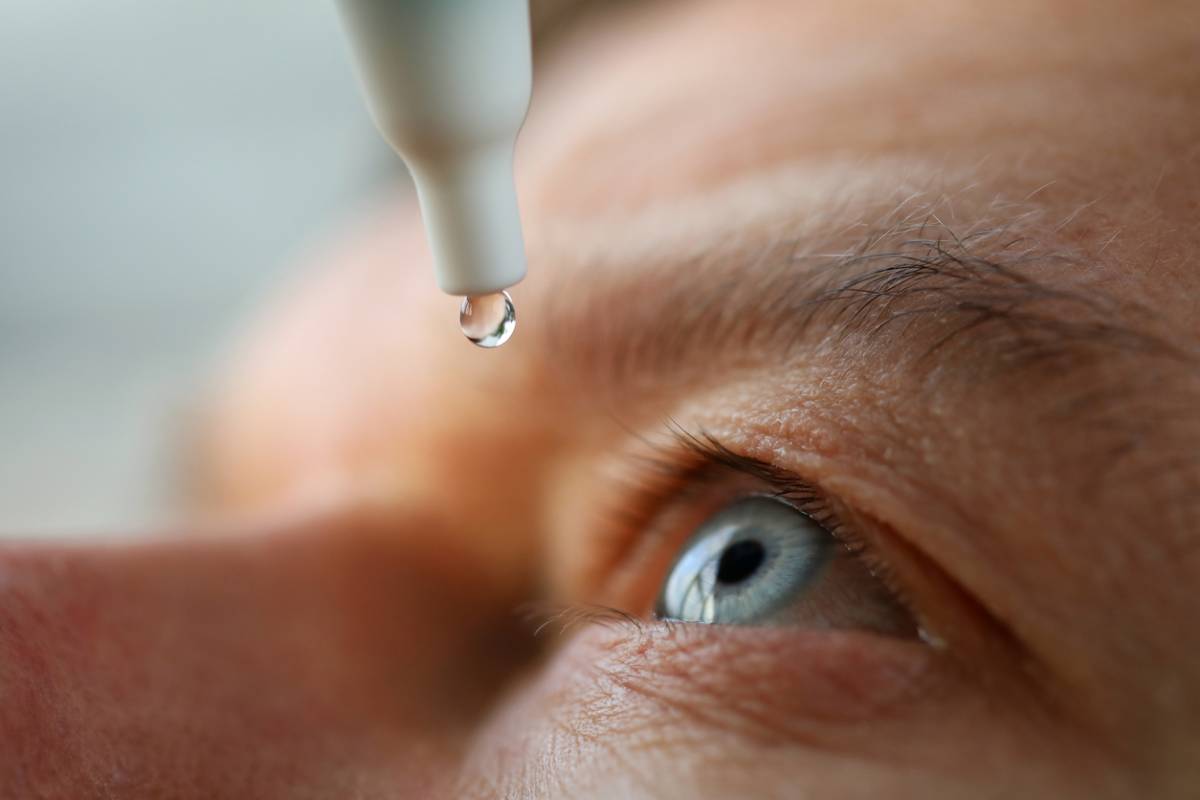One of the popular procedures for correcting vision issues is LASIK, or laser-assisted in situ keratomileusis. Although it is well-known for its high success rates and fast recovery, one of the common problems or side effects that patients experience is dry eyes. While only temporary, dry eyes can be uncomfortable. With proper and careful care, dry eyes can be managed, and your discomfort can be greatly reduced. If you are planning to undergo LASIK or have just had this surgery, this guide can help you effectively manage dry eyes after LASIK during the recovery process.
Managing Dry Eyes After LASIK
Use Prescribed Eye Drops Regularly
Your surgeon will most probably provide you with medicated eye drops immediately after your procedure.
Lubricating Eye Drops
It is essential to keep your eyes hydrated to reduce irritation. Through lubricating eye drops, artificial tears can maintain moisture on the surface of your eyes.
Anti-inflammatory drops
These drops manage your discomfort by reducing inflammation
Antibiotic eye drops
Surgeons usually prescribe this to patients to be used for the first few days or weeks to prevent infection.
These eye drops relieve you of the discomfort that dryness can cause and aid in the healing process as well. Lubricating eye drops are available over-the-counter, and they can be used as a supplement to prescribed drops. However, be sure to seek your surgeon’s advice before using them.
Stay Hydrated
One of the simplest ways to combat dry eyes after LASIK is hydration. When your body is well-hydrated, it is easier for your eyes to maintain a healthy tear film, which can help in reducing the symptoms of dryness. Make sure that you get the minimum required eight glasses of water daily, but remember to avoid drinking caffeinated beverages as they can cause dryness.
Apply a Warm Compress
To improve the quality of your tears after LASIK surgery, you need to stimulate the oil glands in your eyelids. You can do this by applying a warm compress. Use a clean, warm cloth and put it on your eyelids for 5-10 minutes a few times a day. This can help soothe your eyes and provide you with much-needed relief from dryness.
Take Omega-3 Supplements
There is research evidence that Omega-3 supplements can reduce the symptoms of dry eyes, among many other health benefits. However, remember that you are an individual with unique health needs. What is best for others may not always be good for you. Remember to talk to your surgeon and other attending physicians if you have other health conditions, and ask about the possibility of taking Omega-3 supplements.
Use a Humidifier
Use a humidifier, especially if you live in a dry climate, or use an air-conditioner or
heating regularly. Dry indoor air can make your symptoms worse. A humidifier can add moisture to the air and prevent any further dryness in your eyes. During winter months, when indoor heating lowers humidity levels, a humidifier can be greatly beneficial to you.
Avoid Irritants and Drying Environments
During recovery, it is important to stay home so you can control your environment. You need to avoid smoky, dusty, or windy environments.
During the days when you are off work, take advantage of the time to get your eyes much-needed rest by staying away from your laptop, phone, or tablet. Upon returning to work, limit your screen time as much as you can and take screen breaks. Extended screen use can decrease your blink rate and lead to dryness. Practice the 20-20-20 rule. Every 20 minutes, look at something 20 feet away for 20 seconds. This will help reduce eye strain and help retain moisture.
Protect your eyes from wind and sunlight by wearing sunglasses.
Consider Using Punctal Plugs
If your symptoms persist, your doctor may recommend the use of punctal plugs, which are tiny biocompatible devices that are inserted into the tear ducts. This will block drainage and help your eyes retain more moisture. This is a minimally invasive procedure, which may be temporary or permanent depending on the condition.
Talk to a Surgeon About LASIK Today
Remember that dry eyes after LASIK is only temporary and your symptoms will improve after a few weeks or months as your eyes continue to heal. However, in some cases, especially when you have pre-existing dry eye conditions, the symptoms may last longer.
Managing dry eyes after LASIK involves a combination of proactive care, hydration, and following your doctor’s advice. With proper management, giving your eyes time to heal, and staying in contact with your surgeon, you are sure to be on your road to recovery and get the full benefits of your procedure in no time. If you want to correct your vision, our eye surgeon will be glad to answer all your questions about LASIK. Schedule a consultation with us today.

